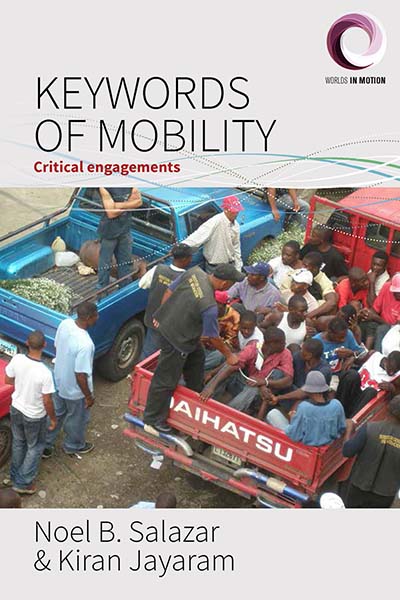
Series
Volume 34
New Directions in Anthropology
Email Newsletters
Sign up for our email newsletters to get customized updates on new Berghahn publications.
Great Expectations
Imagination and Anticipation in Tourism
Edited by Jonathan Skinner and Dimitrios Theodossopoulos
232 pages, bibliog., index
ISBN 978-0-85745-277-1 $135.00/£104.00 / Hb / Published (October 2011)
eISBN 978-0-85745-278-8 eBook
Description
The negotiation of expectations in tourism is a complex and dynamic process – one that is central to the imagination of cultural difference. Expectations not only affect the lives and experiences of tourists, but also their hosts, and play an important part in the success or failure of the overall tourism experience. It is for this reason, the authors argue, that special attention should be given to how expectations constitute and sustain tourism. The case studies presented here explore what fuels the desires to visit particular places, to what degree expectations inform the experience of the place, and the frequent disjunctions between tourist expectations and experiences. Careful attention is paid to how the imagination of the visitor inspires the imagination of the host, and vice-versa; how tourists and host communities actively imagine, re-imagine, and shape each other’s lives. This realization, has profound consequences, not solely for academic analysis, but for all those who participate in and work within the tourism industry.
Jonathan Skinner is Senior Lecturer in Social Anthropology at Queen’s University Belfast. He is the author of Before the Volcano: Reverberations of Identity on Montserrat (Arawak Publications 2004) and co-editor of Managing Island Life (University of Abertay Press 2006).
Dimitrios Theodossopoulos is a Reader at the University of Kent. He is the author of Troubles with Turtles: Cultural Understandings of the Environment on a Greek Island (Berghahn 2003), and editor of When Greeks Think about Turks: The View from Anthropology (Routledge 2006) and United in Discontent: Local Responses to Cosmopolitanism and Globalization (Berghahn Books 2009).




